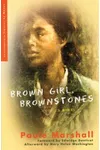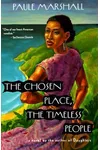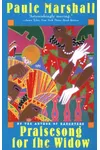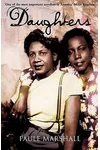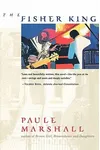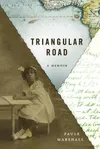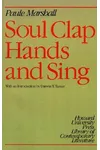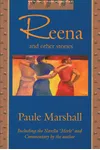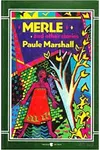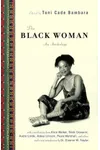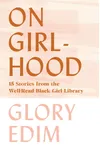Picture a Brooklyn-born storyteller who wove the vibrant threads of Barbadian heritage into American literature—meet Paule Marshall! With her groundbreaking debut, Brown Girl, Brownstones, she captured the heart of the immigrant experience, blending rich prose with themes of identity and resilience. Marshall’s work, celebrated for its cultural depth, remains a beacon in African American literature.
Born in 1929 to Barbadian parents, Marshall grew up in a world where Caribbean rhythms met Brooklyn’s hustle. Her stories, infused with the voices of strong Black women, invite readers to explore heritage, self-discovery, and the power of roots. Ready to dive into her unforgettable tales?
The Making of Paule Marshall
Valenza Pauline Burke, later known as Paule Marshall, entered the world on April 9, 1929, in Brooklyn, New York. Her parents, Ada and Samuel Burke, brought Barbados’ warmth to their brownstone, shaping her dual identity. As a child, Marshall soaked up her mother’s kitchen-table storytelling, where Bajan women spun tales with lyrical dialects. These voices inspired her to pick up a pen. Initially aiming to be a social worker, she switched to English Literature at Brooklyn College, graduating in 1953. Her early career at Our World, an African American magazine, honed her writing discipline, setting the stage for her literary ascent.
Paule Marshall’s Unforgettable Stories
Marshall’s debut, Brown Girl, Brownstones (1959), is a semi-autobiographical gem that follows Selina Boyce, a young girl navigating her Barbadian parents’ conflicting dreams in Depression-era Brooklyn. Its vivid dialogue and exploration of identity earned critical acclaim, marking Marshall as a literary force. In Praisesong for the Widow (1983), she crafts a spiritual journey for Avey Johnson, a widow reconnecting with her African roots in the Caribbean, earning the American Book Award for its lyrical depth.
Other works, like The Chosen Place, the Timeless People (1969), delve into the clash of tradition and modernity on a fictional Caribbean island, while Soul Clap Hands and Sing (1961) offers four novellas celebrating resilience across the African diaspora. Marshall’s style—lush, evocative, and rooted in Bajan vernacular—centers Black women as powerful protagonists, challenging societal norms and celebrating cultural heritage.
Why Paule Marshall Matters
Paule Marshall’s legacy is monumental. Her novels bridged African American and Caribbean literary traditions, paving the way for writers like Toni Morrison and Jamaica Kincaid. By spotlighting Black women’s strength and the African diaspora’s richness, she reshaped American literature. Her 1992 MacArthur Fellowship and Anisfield-Wolf Lifetime Achievement Award reflect her impact. Marshall’s work continues to inspire readers to embrace their roots and find power in their stories, making her a timeless voice.
- Born: April 9, 1929, Brooklyn, New York
- Key Works: Brown Girl, Brownstones, Praisesong for the Widow, The Chosen Place, the Timeless People
- Awards: MacArthur Fellowship (1992), American Book Award (1984)
- Died: August 12, 2019, Richmond, Virginia
Snag Brown Girl, Brownstones and dive into Paule Marshall’s vibrant world of heritage and heart!
